If you’ve been in the offsite and modular construction industry for more than five minutes, you’ve heard the phrase affordable housing tossed around like a hot potato. It’s the term that shows up in every city council meeting, every government grant proposal, and every press release that wants to sound serious about the housing crisis. But in recent years, a new term has entered the industry lexicon: attainable housing.

photo- KGA Studio Architects
Is this just a clever rebranding, or does it actually mean something different? More importantly, which term should we be using in the offsite construction world? Because, let’s be honest—words matter. They influence policy, shape public perception, and ultimately affect whether our industry gets more projects on the ground.
The Weight of the Word “Affordable”
The term affordable housing has been around for decades and is deeply tied to housing policies, subsidies, and government programs. If you’re a modular home manufacturer, developer, or builder trying to work with cities, “affordable housing” is the language of zoning variances, tax incentives, and Low-Income Housing Tax Credits (LIHTC). It’s the terminology that HUD, Fannie Mae, and Freddie Mac use.
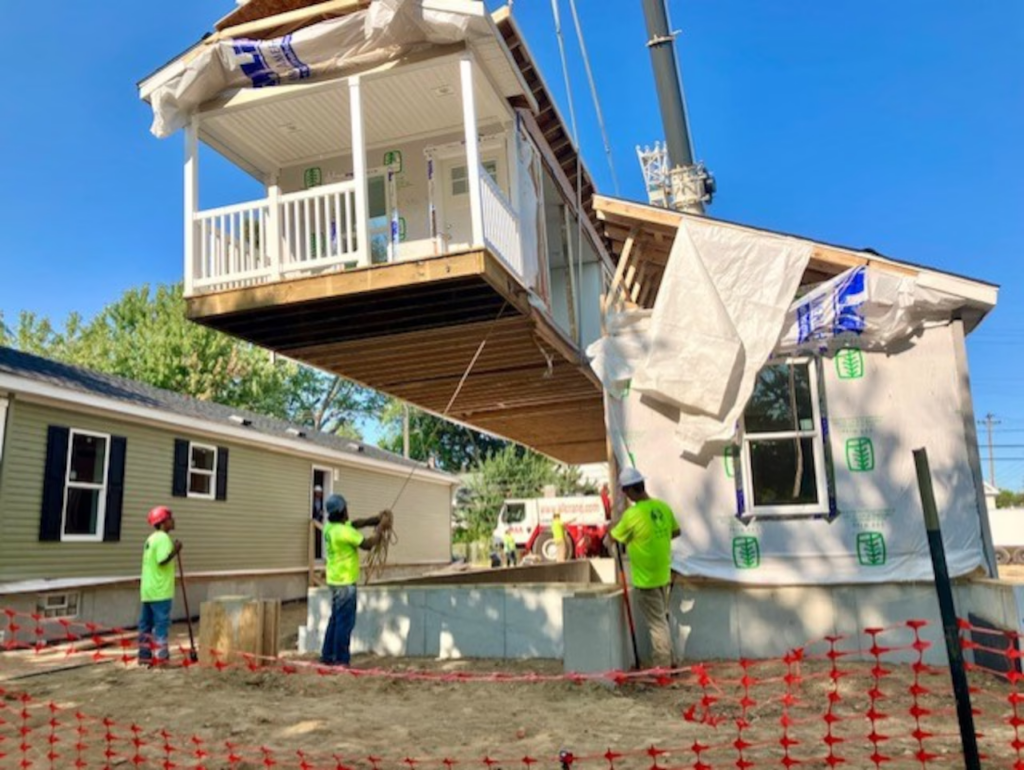
.
But here’s the rub: affordable housing carries political baggage. Some communities hear the phrase and immediately brace for NIMBY backlash. They worry about density, property values, and the dreaded phrase “changing the character of the neighborhood.” And let’s not forget—many factory-built housing providers don’t just serve the lowest-income populations. They’re building for teachers, nurses, first responders—folks who don’t qualify for subsidies but still can’t afford to buy in their own communities.
Attainable Housing: A Different Conversation
That’s where attainable housing comes in. It’s a newer term that puts the focus on a broader segment of the market: working-class and middle-income buyers who earn too much to qualify for traditional affordable housing programs but still struggle to buy or rent in today’s market.
For the modular and offsite industry, attainable housing is a much better fit. It signals that we’re not just talking about government-subsidized housing. We’re talking about market-based solutions—things like modular and panelized construction, ADUs, and factory-built workforce housing that can be delivered faster and at lower costs than traditional site-built homes.
Attainable housing also reframes the conversation. Instead of making it sound like charity, it highlights efficiency, scalability, and the ability to serve a wide range of buyers. It shifts the focus from government handouts to smart, innovative building solutions—exactly what the offsite industry thrives on.
Why the Modular Industry Should Push for “Attainable”
Modular and offsite construction professionals are already working to redefine housing in the U.S. We’ve been championing efficiency, quality, and speed for decades. But too often, our work gets lumped into the same old affordable housing conversation, which is full of bureaucratic roadblocks, political gridlock, and public skepticism.
By embracing attainable housing, we set a different expectation. We position factory-built homes as a solution for everyone who needs a reasonably priced place to live, not just those who qualify for assistance. It allows us to appeal to policymakers who want to encourage homeownership without increasing government spending. It attracts developers who are looking for a way to build housing that sells without requiring massive subsidies. And it speaks directly to the middle-class buyers who are currently priced out of homeownership but don’t see themselves as candidates for “affordable housing.”
Changing the Narrative—One Word at a Time
If we, as an industry, want to be part of the conversation about solving the housing crisis, we need to be intentional about the language we use. Affordable housing will always have its place in discussions about low-income programs and housing policy. But for factory-built housing providers who are looking to scale, innovate, and sell to a broader market, it’s time to lean into attainable housing.
Because let’s face it—if we’re going to change how America builds homes, we need to start by changing how America talks about housing in the first place.
.
Gary Fleisher, The Modcoach, writes about the modular and offsite construction industry at Modular Home Source.
.
CLICK HERE to read the latest edition
Contact Gary Fleisher







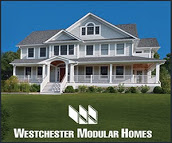
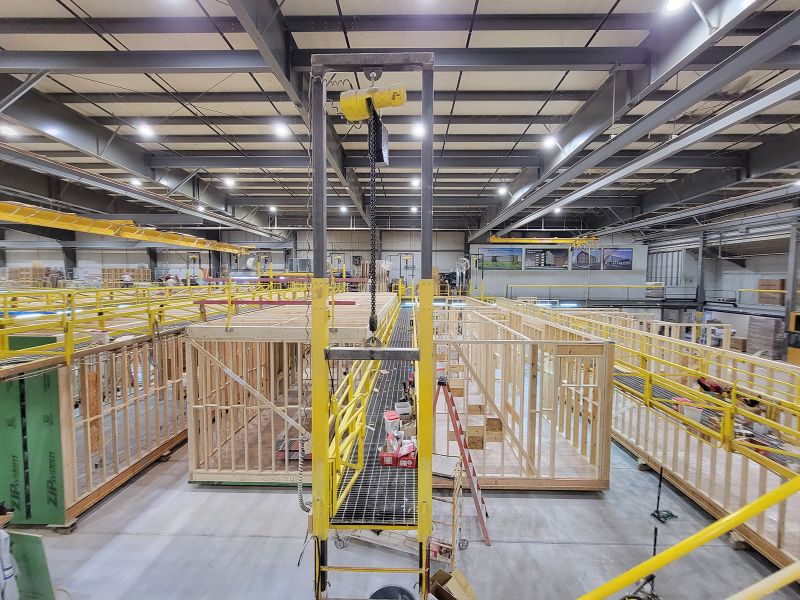



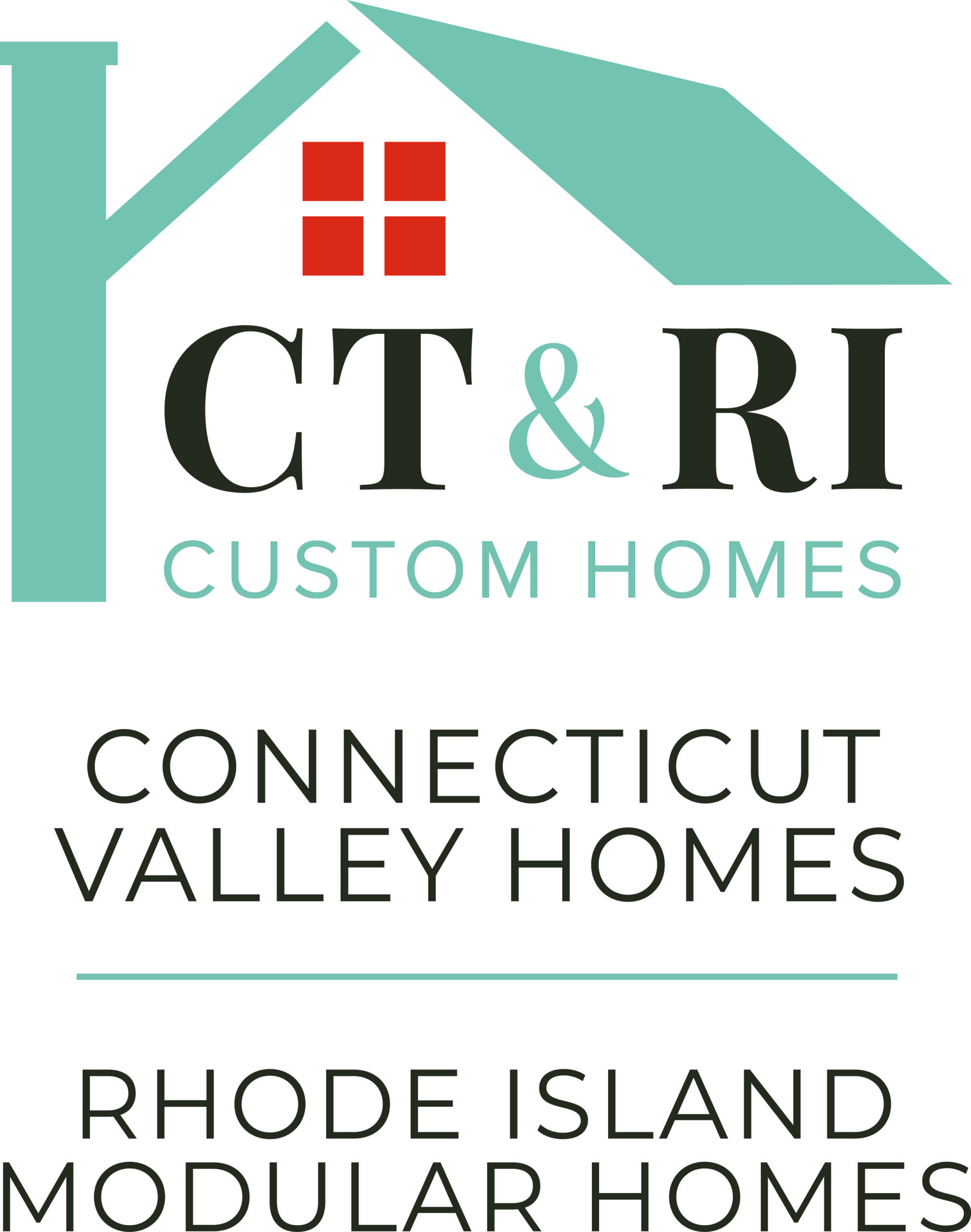
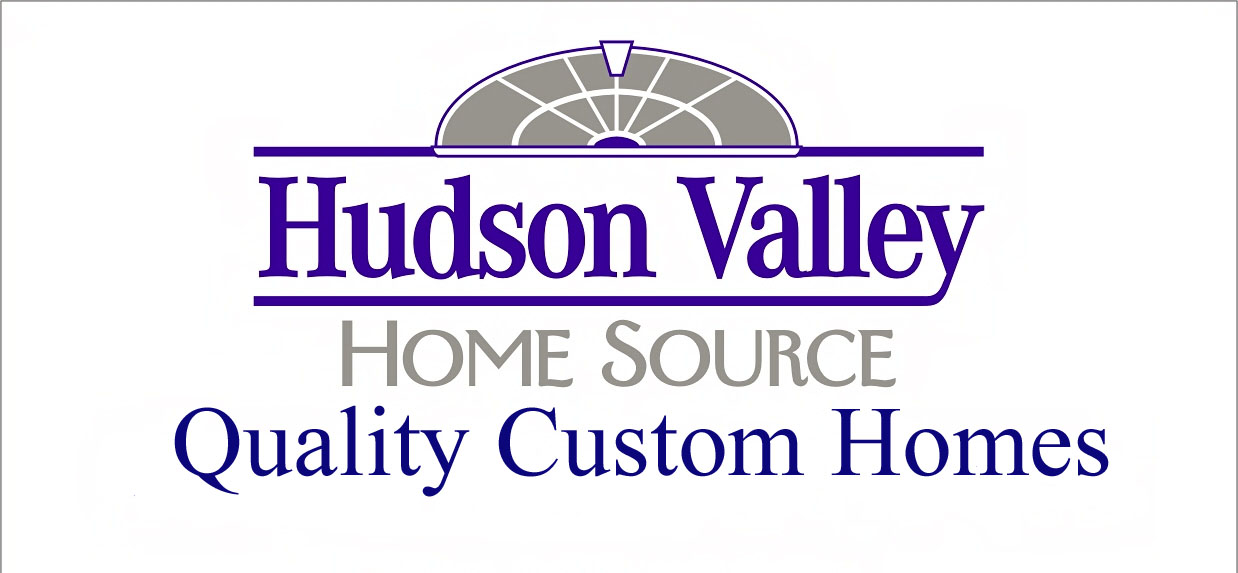 Hudson Valley Homes
Hudson Valley Homes

